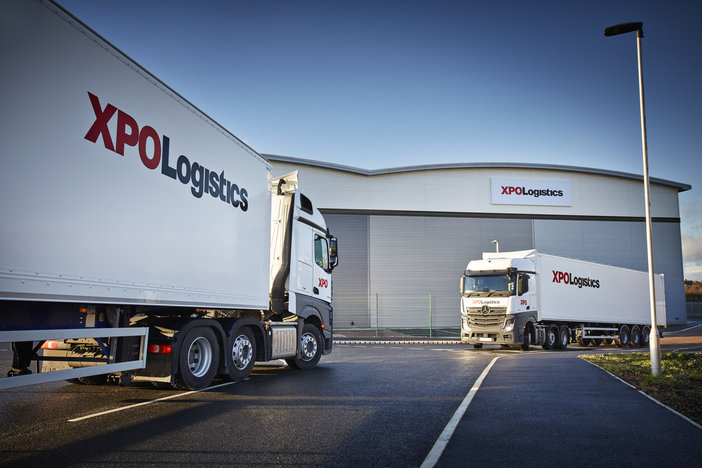Digital freight platforms are popping up all over the place with Uber Freight, Transfix and Convoy being some of the more prominent examples. Now XPO Logistics has opened up its XPO Connect platform to more shippers.
These technology startups are supposed to make it easier and less costly for a shipper to match and book a truckload shipment with an available driver and truck.
The digital freight platform usually involves a website that allows the shipper to shop for space/route availability and price, and select a carrier. These platforms also allow the route driver to quickly respond to booking requests via a simple smartphone app.
There is no question that this technology is forcing change in the truckload selection process. However, the legacy phone call and fax model has been slow to go away, especially with the smaller truckload brokers and agents.
This begs the question, why have the digital freight platforms been slow to develop? Here are some of the reasons:
1. Legacy shipping manager model: Many small to medium-sized manufacturers and distributors still employ tenured shipping managers that are making truckload routing decisions. These individuals are less likely to embrace change and new technology.
2. Legacy truckload broker model adds perceived value: The traditional truckload broker model still depends on a sales agent that establishes a face-to-face or telephone-based customer relationship. Many shipping managers grew up with this personal touch and want to talk to broker sales agents regarding the particular nature of their load. There is also a perceived sense of security when shipping managers know they can reach out to their truckload sales agent to address service and rate issues.
3. Insignificant savings: The customer perception is that the digital freight model should be substantially less costly than the traditional broker model and that is just not happening.
4. Driver and truck shortage: The economy is heating up while there are fewer drivers and trucks, which is driving higher rates and limiting availability, thereby supporting the perception that freight marketplaces are not driving lower costs. Just the same, digital freight platforms will arguably have an advantage if the labor shortage persists due to the potential for optimization of loads through co-loading, and reduction of labor intensive management due to digitized processes.
5. Competition: The traditional truckload brokers are taking smaller margins and reducing sales agent commissions to remain competitive. However, this is probably a temporary condition.
6. Primary truckload brokers are offering direct digital solutions: The large brokers and carriers are offering their own digital solutions directly to their established and existing customer base while still having the option to participate in the digital freight marketplace.
Is there a future for tech in freight marketplaces?
Clearly, technology will help transform the truckload freight industry by improving utilization and transparency – Uber claims to be the only provider in the truckload market with 100% transparency – as it applies to shipment information and real-time tracking.
However, the point is that new technology alone won’t always be a better solution if not balanced with a human and personal touch or a supremely good automated customer experience, driven by things like interactive service management.
This will apply to the long-term success of the digital freight marketplaces so it will be the ones who plan and execute best that will be the winners.
Bios:
Ian Kerr is the founder and host of the Postal Hub Podcast, the weekly podcast for the postal and delivery sectors.

Marek Różycki is managing partner at Last Mile Experts, specializing in CEP and e-commerce last-mile advisory.
Dean Maciuba is a parcel industry expert and has previously served UPS and FedEx for 37 years across multiple professional positions in sales, marketing and operations. Today, Maciuba is the managing partner for North America at Last Mile Experts.



